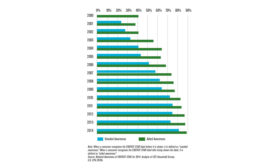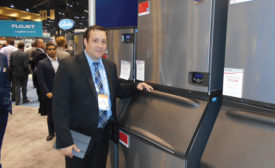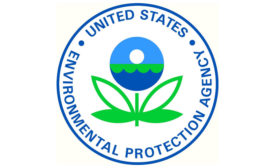Home » EPA (Environmental Protection Agency)
Articles Tagged with ''EPA (Environmental Protection Agency)''
Company promotes the advantages of investing in sustainable refrigeration systems
Read More
AHRI Expresses Disappointment in EPA SNAP Refrigerant Rule
Association says decision not to extend effective date dismisses impact on industry and consumers
September 27, 2016
EPA Introduces Waste Tracking Feature for Energy Star Portfolio Manager
Building managers can now track energy, water, greenhouse gas emissions, and waste together
August 24, 2016
Efficiency on the Rocks
Products being redesigned in light of new efficiency standards, refrigerant changes
Read More
Chemours Receives SNAP Listing for Opteon XP30 Refrigerant
Refrigerant provides low-GWP solution for new and retrofit chiller applications
June 21, 2016
EPA Reiterates Fire, Injury Warnings of Unapproved Refrigerants
Refrigerants with ‘22a’ or ‘R-22a’ in the name contain highly flammable hydrocarbons
May 30, 2016
EPA Warns Again About Risks of Using R-22a Refrigerant
Agency notes unapproved refrigerant poses risk of fire or explosion
May 5, 2016
DOE, EPA Honor Energy Star Partners
149 entities in 35 states recognized for commitment to saving energy, protecting the environment
April 25, 2016
EPA Settles with Oregon Ice Cream Co. over Ammonia Safety Violations
In addition to making facility improvements, company will also pay $55,000 in penalties
April 14, 2016
Copyright ©2025. All Rights Reserved BNP Media.
Design, CMS, Hosting & Web Development :: ePublishing




